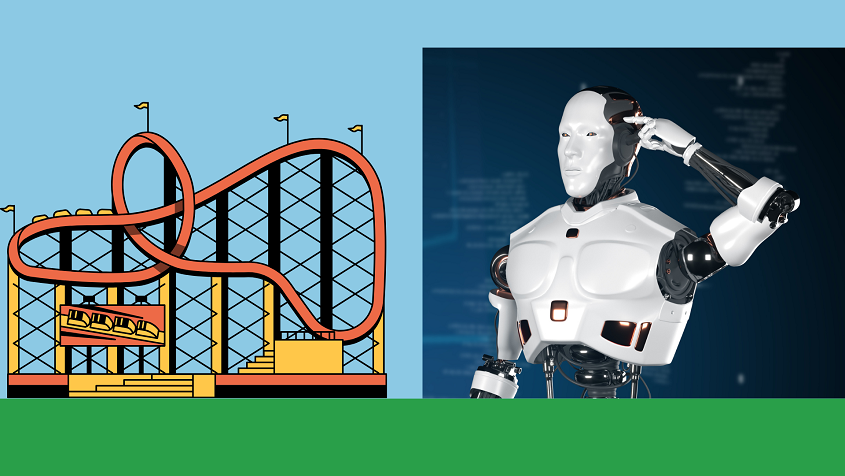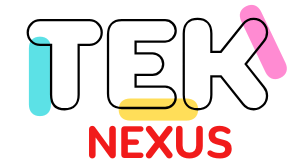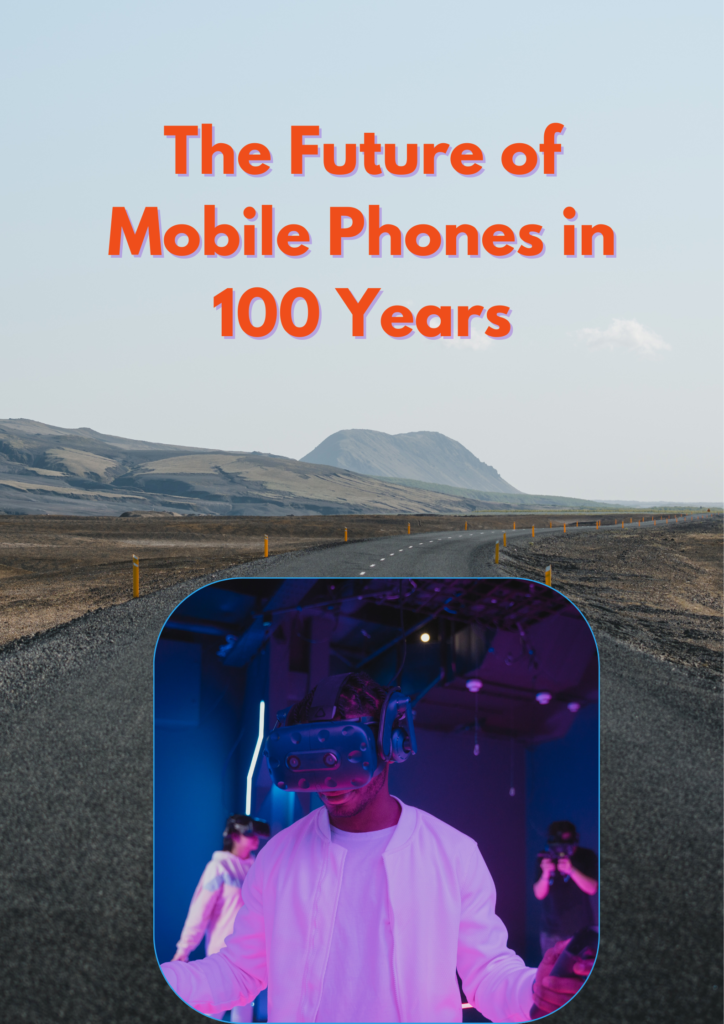
In today’s rapidly evolving world, disruptive technology represents a powerful force that reshapes industries, transforms business models, and significantly impacts everyday lives. With advancements in artificial intelligence (AI), blockchain, quantum computing, and renewable energy sources, the next few years are expected to bring even more profound changes. As this disruptive technology gets mature, understanding its future innovations and implications is crucial for businesses, governments, and individuals.
Key Future Innovations in Disruptive Technology
1. Artificial Intelligence and Machine Learning
AI is evolving rapidly and is expected to continue transforming various fields, including healthcare, finance, and manufacturing. Future innovations in AI will focus on enhancing cognitive capabilities, enabling machines to perform complex tasks with minimal human intervention. This trend could lead to the development of personalized healthcare, predictive maintenance in industries, and even self-learning systems that adapt to user behavior.
- Impact: Enhanced efficiency, predictive analytics, and decision-making support across multiple sectors.
- Challenges: Ethical concerns, job displacement, and data privacy issues.
2. Quantum Computing
Quantum computing promises to revolutionize the processing power available for complex problem-solving. Unlike traditional computers, quantum computers use quantum bits (qubits) to process information, which allows them to solve certain types of problems exponentially faster.
- Impact: Transformations in fields like cryptography, drug discovery, and climate modeling.
- Challenges: Technical difficulties in achieving stable quantum states and the high cost of development.
3. Blockchain Beyond Cryptocurrency
Blockchain is evolving beyond its initial association with cryptocurrencies like Bitcoin. Innovations in this technology are paving the way for decentralized applications (DApps), smart contracts, and secure, transparent transaction systems across industries.
- Impact: Improved transparency and security in finance, supply chain, and healthcare.
- Challenges: Regulatory uncertainties, scalability issues, and energy consumption concerns.
4. Renewable Energy and Battery Storage
Renewable energy sources, including solar, wind, and geothermal, are becoming increasingly viable. Advances in battery storage technology will allow for more efficient storage and distribution of renewable energy, making it possible to reduce reliance on fossil fuels.
- Impact: Greater energy independence, reduced carbon footprint, and affordable energy access.
- Challenges: High initial costs, scalability issues, and geographic limitations.
Industries Transforming Through Disruptive Technology
1. Healthcare
AI, telemedicine, and wearable devices are creating a more personalized approach to healthcare. The future may bring real-time health monitoring, AI-driven diagnostics, and minimally invasive surgical robots. Innovations like CRISPR gene-editing technology and AI-driven drug discovery promise significant advancements.
2. Finance and Banking
Blockchain is leading to the decentralization of financial services. Banks are beginning to integrate AI to improve customer service and fraud detection, while peer-to-peer lending and decentralized finance (DeFi) systems are providing more options for consumers and investors.
3. Retail and E-commerce
Augmented reality (AR) and virtual reality (VR) are expected to enhance customer experience by allowing consumers to try products virtually. AI-driven algorithms are making personalized shopping experiences possible, while blockchain offers transparency in supply chains, especially for ethically sourced products.
4. Transportation and Mobility
Electric vehicles (EVs), autonomous driving, and ride-sharing services have already started transforming the automotive industry. The future could see integrated smart transportation systems and connected vehicles that communicate with infrastructure for enhanced safety and efficiency.
Future Prospects and Challenges
Opportunities
- Sustainability: Many disruptive technologies are aligned with sustainable development, providing clean energy solutions and reducing environmental impacts.
- Increased Efficiency: Automation and AI can enhance productivity, reducing waste and operational costs across sectors.
- Access to Information: Disruptive technology enables easier access to knowledge, fostering innovations and reducing the knowledge gap between developed and developing nations.
Challenges
- Ethical and Privacy Concerns: Technologies like AI and IoT collect and analyze vast amounts of data, raising concerns about user privacy and data security.
- Job Displacement: Automation and AI may lead to significant job displacement in sectors like manufacturing, requiring new job training and skill development programs.
- Regulatory Hurdles: Governments worldwide struggle to create regulations that balance innovation with security and ethical considerations.
Conclusion: Embracing a Disruptive Future
As we look ahead, disruptive technologies promise to reshape our world in ways we can only begin to imagine. By embracing these changes and preparing for the challenges they bring, individuals and organizations alike can capitalize on the immense opportunities ahead. Whether through AI, blockchain, quantum computing, or renewable energy, the future of disruptive technology is bright—and it is up to us to harness its potential responsibly.


